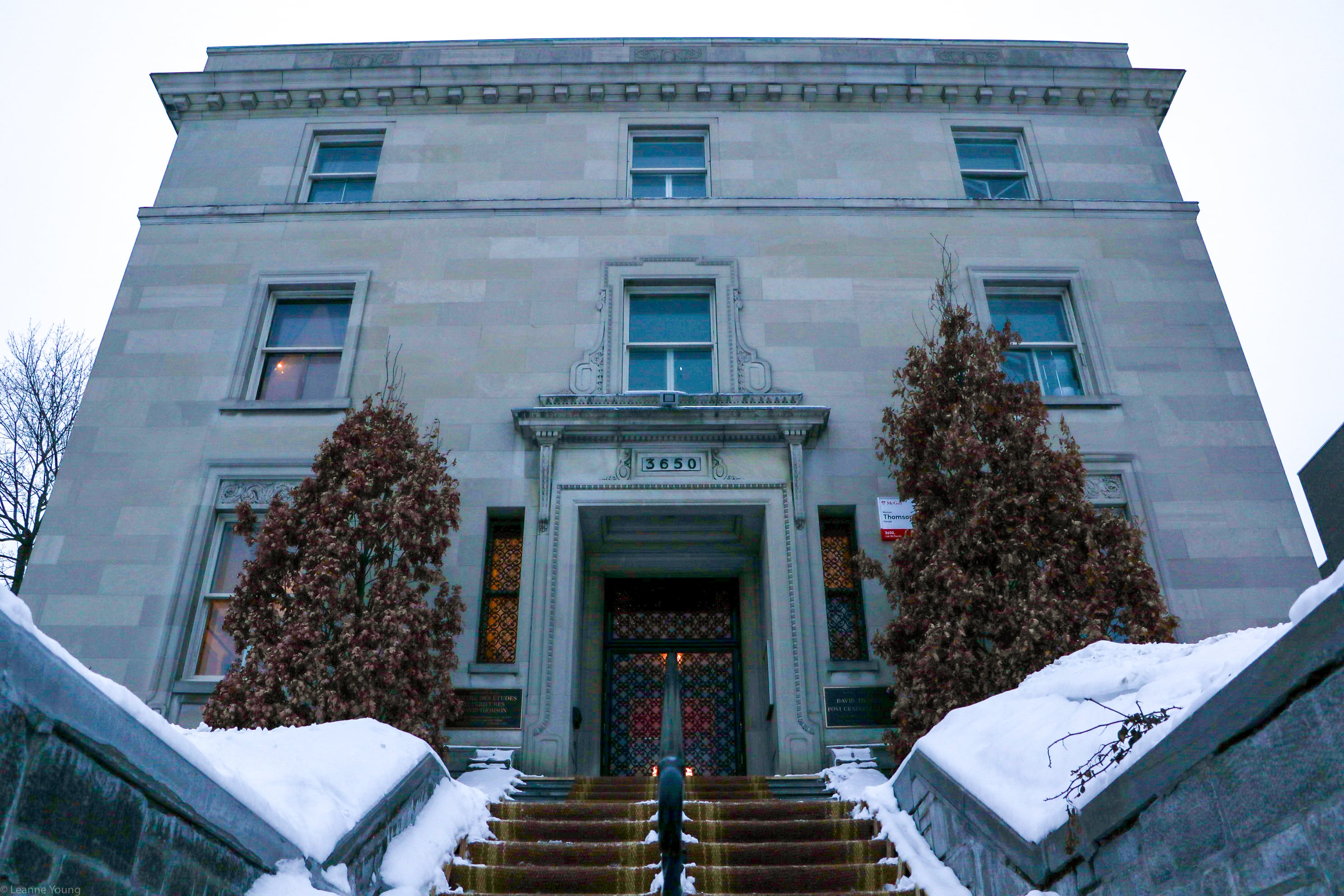The Post-Graduate Students’ Society (PGSS) held its 2022-2023 Winter General Assembly at Thomson House on March 15. Although there were no binding votes or motions passed, attendees discussed the status of the Library Improvement Fund, the potential installation of air-filtration devices across campus, and a restructuring of the PGSS itself.
To start the meeting, Hossein Poorhemati, the current PGSS University Affairs Officer, gave updates on the Library Improvement Fund and addressed concerns about the potentially dwindling library space due to planned construction on the McLennan-Redpath complex as part of the Fiat Lux project. The fund is a recent PGSS project that offers gift cards to students with the best library improvement ideas—PGSS then attempts to implement those suggestions by bringing them to the McGill Library and investing in projects.
“This construction is taking a lot of resources from the library, so we’re not getting timely responses from the library,” Poorhemati said. “As for the many concerns members have of library space, the library says actual construction will be in two to three years, so there won’t be any issues anytime soon.”
According to the McGill Reporter, construction is set to begin in early 2024.
Following the update, Hannah Derue, a master’s student in neuroscience, brought up the possibility of implementing a small air-filtration Corsi-Rosenthal Box in every Post-Graduate Student Association (PGSA) office, which would cost $5,000 in total.
“Up to 10-12 per cent of COVID cases become long COVID, so this is something relevant to everybody,” Derue said. “But it is especially significant to make a point that this is also an inclusivity and accessibility problem because COVID impacts certain groups more than others, including our immunocompromised and high-risk demographics, who are members of the PGSS community just like everybody else.”
The discussion then shifted to Kristi Kouchakji, the PGSS Secretary-General, who wanted to discuss potential changes to PGSS executive titles, such as changing “Secretary-General” to “Internal Governance Officer,” and restructuring committee responsibilities within the next year or two. These changes would hopefully create titles that better represent executives’ responsibilities and curtail executives’ heavy and unmanageable workloads.
Poorhemati, however, was doubtful of the proposed restructuring’s timeline.
“Making these many changes in one or even two years would make it almost certain that PGSS would almost collapse [….] my concern is how quick and fast, and maybe some things that work should be left alone,” Poorhemati said. “Focus should be more on students and student problems, and not necessarily about PGSS and PGSS problems. There is a delicate balance between these two and an unclear line here.”
Kouchakji responded that the divide between student and PGSS problems is precisely what needs to be better defined in the roles of different executive positions.
“PGSS is going to collapse a heck of a lot faster if we don’t start addressing some of these issues. Like it’s becoming an access issue. It’s becoming an equity issue. It’s becoming [an] inclusivity issue,” Kouchakji said. “To continue to say, we’re going to expect […] five [executives] to work more hours than they’re being paid for and two of them to work double if not triple the hours they’re being paid for, I don’t think that that’s necessarily a healthy and productive way for us to continue doing things.”
Moment of the Meeting:
Although there seemed to be general support for Kouchakji’s revamping proposal, a non-binding straw poll revealed that only eight per cent of attendees wanted to be a part of the committee working on the proposal if the motion passes—50 per cent of attendees voted no, and the other 38 per cent said maybe.
Soundbite:
“I love unions. I think everyone should belong to a union. I think that’s extremely difficult to implement here because half of us are elected and the other half are appointed.”
— Kristi Kouchakji on the difficulties of unionizing PGSS employees









